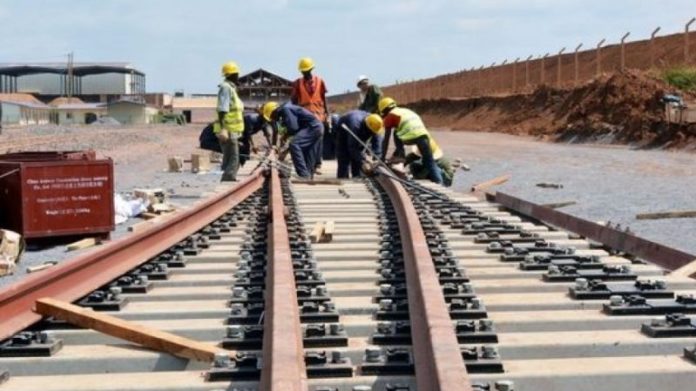
IS the cable theft for which some Transnet employees have been arrested part of a sinister, systematic attempt to extort the state-owned company?
That’s one interpretation of a statement issued by Transnet this week in which it said that contractor emergency services were “benefiting” from the spate of derailments Transnet is struggling to explain.
Commenting on a derailment that occurred on July 3, which will most likely disrupt coal exports, Transnet commented that: “There are serious risks in a recovery system based on emergency procurement, which may be open to abuse not only internally, but by suppliers who benefit from such incidents occurring.”
Asked if contractors were sabotaging Transnet rail infrastructure, spokeswoman Ayanda Shezi said: “We don’t want to cast any aspersions at this point.
“We are looking in detail into the causes of the derailments, and will provide any updates once the processes have been concluded.”
For the time being, Transnet would turn to the homegrown skills it says were retained despite an earlier strategy to outsource certain services. It would also seek to certify contractors and build non-performance provisions into future contracts.
It is a wonder this isn’t already the case, but outsourcing to the transport and transport services sector has been the go-to method of tender corruption in the South African coal sector for many years.
In the past, cost plus coal mines providing coal to power stations by conveyor were eased out of Eskom coal procurement contracts in order to make way for more expensive trucked in coal benefiting the transport sector. This practice remains a factor in Eskom’s coal structure to this day since it is bound to these contracts.
For its part, Transnet is improving line of sight management over procurement. “The aim is to increase accountability whilst increasing the speed of execution,” it said.
Derailments and poor rail utilisation have been a blight on South Africa’s bulk mining industries, the last 12 months in particular.
Transnet Freight Rail (TFR), a division of Transnet, railed 24.3 million tons (Mt) of coal to Richard Bay Coal Terminal (RBCT), the privately-owned export handling facility, from January to the end of May. This represents an annualised ‘tempo’ of 58Mt – well below the average of about 62Mt – 64Mt in the previous years.
The supply disruption has helped improve the price of coal for those that can export, but Exxaro Resources, one of South Africa’s largest coal producers, estimates that production for the first six months of its financial year would be 11% lower than in 2020. Sales would be 9% lower.











